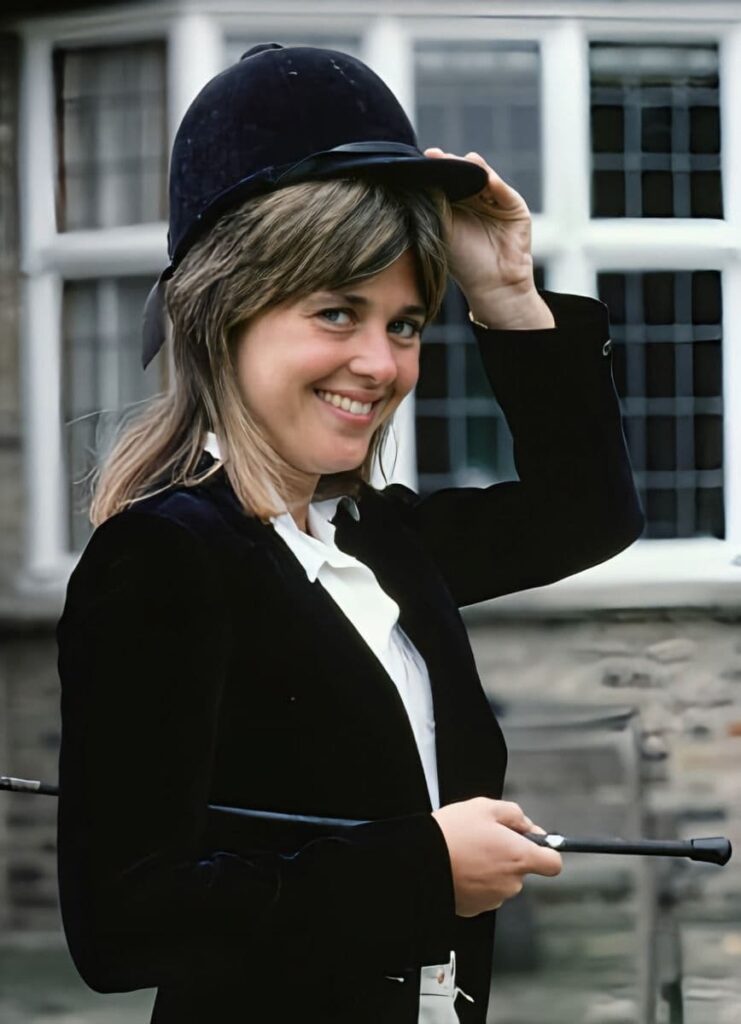
A Serendipitous Stumble: How the Queen of Rock and Roll Found Her Softer Side and an American Hit
The tender, unexpected duet that captured the feeling of falling into love when you least expect it.
There are certain songs, often the ones we’d never have predicted, that manage to distill the essence of a particular time and feeling. For those of us who came of age in the late 1970s, “Stumblin’ In”, the remarkable duet between rock pioneer Suzi Quatro and Chris Norman of the band Smokie, is one such unforgettable artifact. Released in November 1978 in the UK and January 1979 in the US, this soft rock ballad was a dramatic departure for Quatro, the Detroit-born, leather-clad queen of glam rock who had torn up the UK and European charts with ferocious hits like “Can the Can” and “Devil Gate Drive.” Yet, it was this gentle, unexpected turn that finally unlocked the American market for her, peaking sensationally at Number 4 on the prestigious Billboard Hot 100 in 1979. This single, featured on her album If You Knew Suzi…, remains Quatro’s only Top 40 hit in her native United States. Meanwhile, in the UK, where Quatro’s earlier work had found massive success, “Stumblin’ In” had a much more modest showing, reaching Number 41 on the UK Singles Chart.
The true beauty of “Stumblin’ In” lies not just in its chart performance but in the charming, almost accidental story of its creation, a perfect example of pop-music serendipity. It was conceived by the powerhouse songwriting and production duo, Mike Chapman and Nicky Chinn, the men behind the hits for both Quatro and Norman’s band, Smokie. The spark ignited at a party in Düsseldorf in 1978. Chapman vividly recalled seeing the diminutive, fiercely charismatic Suzi Quatro and the husky-voiced Chris Norman casually singing together. He was immediately struck by the undeniable chemistry—visual and vocal—between the two contrasting figures. The next day, in the studio with Quatro, Chapman came up with the hook, “Our love is alive,” and pitched the idea of a duet right there and then. Quatro, ever the professional, loved the concept, recognizing the potential for something fresh.
The meaning of the song itself speaks to a deep, relatable human experience, which undoubtedly contributed to its broad international success (it was a number 2 hit in Australia and Germany). It is, quite simply, an ode to unplanned, accidental love. The lyrics describe two people who weren’t necessarily looking for a relationship—they were simply “passing time,” walking the straight and narrow—but who suddenly find themselves overwhelmed and utterly taken by a passionate connection. They’ve “stumbled in” to love, almost as if they’ve tripped and landed squarely in each other’s arms. It’s an easy, unforced romance, beautifully conveyed by the intertwining of Quatro’s surprisingly tender voice and Norman’s distinctive, slightly gravelly tone.
For listeners who remember the vibrant, often brash landscape of 1970s rock and roll, this song offers a warm, soft-focus memory. It was the moment Suzi Quatro proved she was more than just a rocker; she had a deeply sensitive, melodic side. It was a sweet melody that floated into the airwaves and provided a gentle, reflective counterpoint to the more aggressive sounds of the era, an appealing shift that resonated deeply with the older, more adult contemporary audience in America, where Quatro was perhaps best known at the time for her recurring role as Leather Tuscadero on the popular television sitcom Happy Days.
The song is a lovely, timeless piece of music, a warm sonic blanket that invites a moment of nostalgia, reminding us of those unexpected life moments when we, too, just stumbled into something wonderful. “Stumblin’ In” wasn’t just a hit; it was a lovely, surprising twist in the road for two successful careers, and a perfect soundtrack for slow dances and unexpected romance.